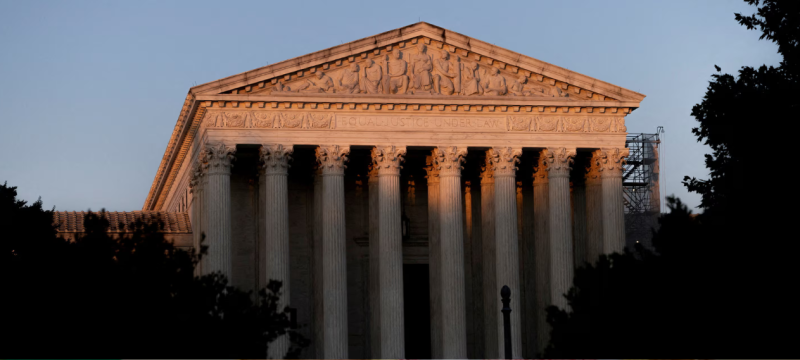Washington — The US Supreme Court hears case that takes aim at Voting Rights Act, a landmark law protecting minority voters from discrimination. The case could have major implications for how states draw electoral maps and enforce voting laws.
The justices began hearing arguments on Tuesday, focusing on whether parts of the Voting Rights Act remain constitutional. The US Supreme Court hears case that takes aim at Voting Rights Act amid growing political debate over voting access and representation.
The case centers on a challenge brought by a group in South Carolina, arguing that the state’s congressional map should not be considered racially biased. Civil rights groups, however, say that weakening the law could erode decades of progress in ensuring fair voting rights for minority communities.
Legal experts say the decision could reshape future elections across the United States. If the court limits the scope of the Voting Rights Act, it may become harder to challenge gerrymandering and voter suppression practices.
The US Supreme Court hears case that takes aim at Voting Rights Act at a time when several states have passed laws tightening voting procedures. Advocates warn that these laws disproportionately affect minority and low-income voters.
The Biden administration has urged the court to uphold the law, emphasizing that it remains essential to protecting equal access to the ballot box. Several justices questioned whether Congress, not the courts, should decide any changes to the law.
The Voting Rights Act, first passed in 1965, has been amended several times to expand protections. It has long served as a cornerstone of civil rights legislation in the U.S.
A final ruling is expected next year. The outcome will likely influence future redistricting battles and the broader national conversation about voting rights and democracy in America.
Read More : Supreme Court Continues Super Tax Hearing Today







